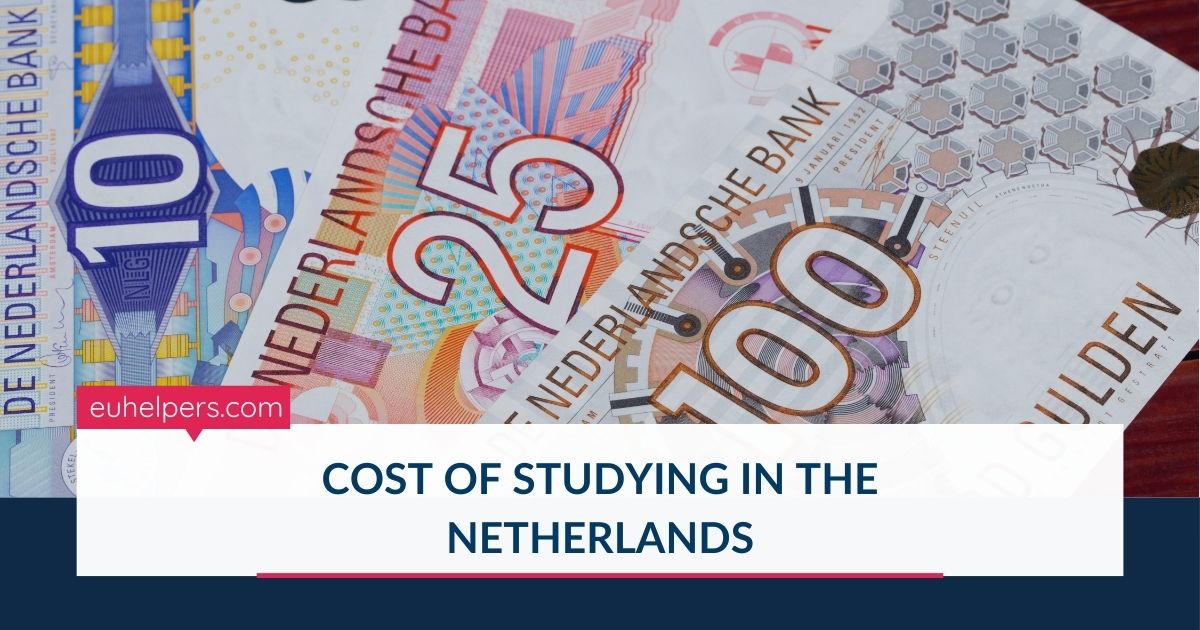
The Netherlands has become a popular destination for international students, thanks to its high-quality education system, diverse culture, and vibrant student life. However, studying in the country can be costly, particularly for non-EU/EEA students. Here’s a detailed overview of the expenses you can expect when pursuing higher education in the Netherlands.
1. Tuition Fees
The tuition fees in the Netherlands vary significantly depending on your nationality.
For EU/EEA Students
Students from the EU/EEA enjoy subsidized tuition rates. On average, they pay around €2,530 per year for both bachelor’s and master’s programs.
For Non-EU/EEA Students
International students from outside the EU/EEA face higher tuition fees.
• Bachelor’s Programs: Tuition ranges from €6,000 to €15,000 per year. However, some universities may charge up to €15,000 annually for certain programs.
• Master’s Programs: The annual cost varies between €8,000 and €20,000, with some institutions charging as much as €25,000 for specialized degrees.
2. Living Expenses
Beyond tuition, students must budget for living costs, which can range from €800 to €1,100 per month. These expenses typically include accommodation, food, transportation, and personal needs.
Accommodation
Student housing costs vary based on location and type of accommodation. On average:
• University Accommodation: Between €350 and €600 per month.
• Private Housing: Prices can be higher, particularly in major cities like Amsterdam or Rotterdam.
Food and Daily Expenses
Expect to spend approximately €200 to €400 per month on groceries and dining out.
Transportation
Public transportation costs around €40 to €100 per month, depending on the region and travel frequency. Many students opt for a bike, which is a common and affordable mode of transport in the Netherlands.
3. Additional Costs
In addition to tuition and living expenses, students should consider the following:
• Books and Study Materials: Depending on the program, textbooks and study materials can add several hundred euros to the annual expenses.
• Travel Costs: Many students explore the Netherlands and neighboring countries during their studies. Budget for occasional travel expenses.
• Visa and Insurance: Non-EU/EEA students need a student visa, which comes with application and processing fees. Health insurance is also mandatory, costing around €500 to €1,200 per year.
4. Scholarships and Financial Aid
To help offset the costs, several funding opportunities are available:
• Scholarships: Many Dutch universities and organizations offer scholarships to international students. Examples include the Holland Scholarship and Orange Tulip Scholarship.
• Government Funding: Some institutions provide financial aid programs or tuition fee reductions for non-EU/EEA students.
While studying in the Netherlands offers an enriching academic and cultural experience, it requires careful financial planning. Non-EU/EEA students face significantly higher tuition fees and additional costs, but scholarships and funding opportunities can help ease the financial burden. Before applying, it’s essential to research specific university fees, living expenses, and available financial aid options to make an informed decision.
